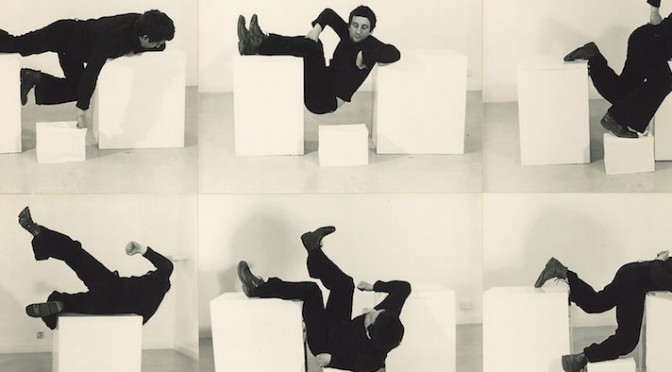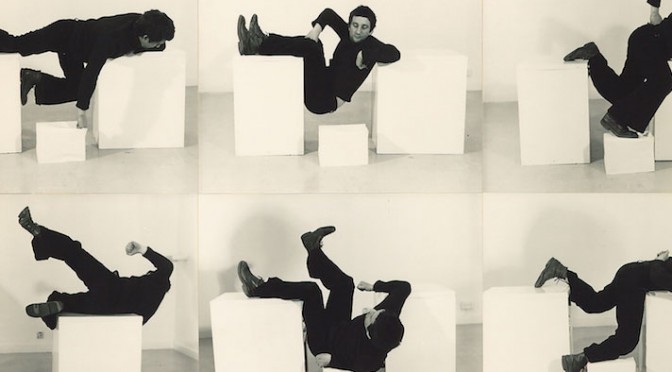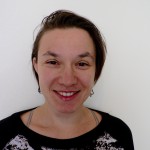István Pál Ádám
Contact: istvan.adam@cefres.cz
is from January 2016 a post-doctoral researcher at CEFRES and at the Faculty of Humanities of Charles University, benefitting from the support of the Charles University in Prague. His research project is entitled The Spatial Control of Central European Concierges and contributes to CEFRES research area 3.
Chiara Mengozzi
Contact: chiara.mengozzi@cefres.cz
is from January 2016 a post-doctoral researcher at CEFRES and at the Faculty of Arts of Charles University, benefitting from the support of the Charles University in Prague. Her research project is entitled Animal Matters. Challenging the Anthropological Difference and Literary Norms and contributes to CEFRES’s research area 2.
Giuseppe Bianco
Contact: giuseppe.bianco@cefres.cz
benefits from a four month long fellowship (May—August 2016) at CEFRES. A post-doctoral researcher at the University of Lyon III, his project focuses on the history of world congresses of philosophy between 1900 and 1950, and fits CEFRES research area 1.
Ioana Cîrstocea
Contact: iona.cirstocea@cefres.cz
is a researcher at CNRS within the research unity CESSP Paris. She is hosted at CEFRES from 15 April to 15 June 2016 within the frame of her research on Gender As a Transnational Platform. Toward a Sociology of the Diffusion of Feminist Knowledges in Central Europe in the 1990s, which contributes to CEFRES research area 1.
Perin Emel Yavuz
Contact: perin-emel.yavuz@cefres.cz
benefits from a six month long fellowship (March—August 2016) at CEFRES. She is an affiliated member of the Research Centre of Arts and Language (CRAL-EHESS UMR 8566). Her research project focuses on the avant-garde conceptual art in the 1960s—1980s in Bratislava. It fits CEFRES research areas 1 and 2 but also touches upon research area 3.
Ségolène Plyer
Contact: s.plyer@cefres.cz
is an assistant professor at the Strasbourg University. She is hosted at CEFRES from 5 February to 5 May 2016 within the frame of her research on Eastern Bohemia in the First Globalization (1870s-1940s), which contributes to CEFRES research area 1.
Cécile Guillaume-Pey
Contact: cecile.guillaume-pey@cefres.cz
benefits from a six month long fellowship (September 2015—February 2016) at CEFRES. She is affiliated to the Center of Social Anthropology in Toulouse (CAS-LISST). Her research project deals with modes on reception and appropriation of writing within the Sora and other tribal groups in India. It contributes to CEFRES research areas 1 and 2.
Filip Vostal
Contact: filip.vostal@cefres.cz
is a post-doctoral researcher at CEFRES and the Institute of Philosophy of the Academy of Sciences in the Czech Republic. His research project is entitled “Slowing down” Modernity: Risky, Futile or Progressive? and contributes to CEFRES research area 2.





